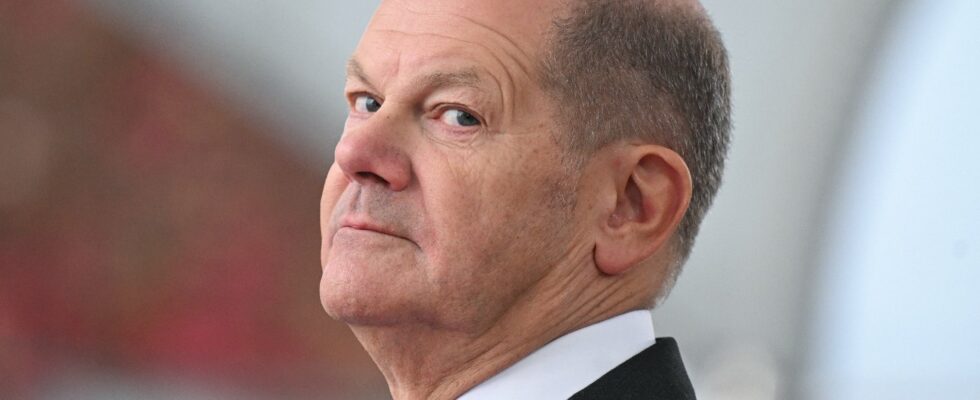Germany is heading towards early legislative elections on February 23 to create a new government after the breakup of Olaf Scholz’s coalition undermined by disagreements. The date of the election, which was the subject of several days of standoff, was approved by the main opposition party, the conservatives of the CDU/CSU, sources close to the social party told AFP -democrat of Chancellor Scholz. According to another source, the chancellor is expected to pose the question of confidence to the Bundestag, the lower house of parliament, on December 16. The vote of the deputies will take place two days after the submission of the motion, according to the same source.
The calendar offers some visibility to the country which is struggling in a serious industrial crisis and worried about the repercussions for its trade and security of the election of Republican Donald Trump as president in the United States. The sudden breakdown last Wednesday of the tripartite coalition led for three years by Olaf Scholz plunged Europe’s largest economy into an unprecedented crisis.
The chancellor, now at the head of a minority government with the environmentalists, had initially set the vote of confidence for January 15 with a view to a vote in March. But under pressure from all sides to accelerate the pace, the unpopular leader then backtracked and entrusted the task of setting the date to the parliamentary groups of the conservatives of the CDU/CSU, the first opposition party well ahead in the polls. of opinion, and his social democratic party (SPD).
Election can be carried out “in complete safety”
Once Olaf Scholz loses confidence in the Bundestag, the lower house of parliament – an almost inevitable scenario given that he no longer has a majority – German President Frank-Walter Steinmeier will have three weeks to dissolve the room. Then according to the procedure, new elections must take place within 60 days. Since Monday, the president has been holding consultations with party officials to find a suitable date.
The federal director of elections, Ruth Brand, said on Tuesday that she was not opposed to an early election before March, deeming the holding of a vote feasible “with complete legal certainty”, during a hearing before the control commission of Bundestag elections.
The coalition formed since the end of 2021 by Olaf Scholz’s SPD, the Greens and the liberals was shattered on Wednesday evening after the dismissal of liberal Finance Minister Christian Lindner, due to deep disagreements on economic policy.
“The world does not wait”
The parties did not wait for an agreement on an election date to launch their campaigns. On the front line, the conservatives with leader Friedrich Merz, a party currently leading in the opinion polls with some 32%, who urged the chancellor to pave the way for quick elections. “Because the world around us is not waiting. It’s not like everyone is holding their breath and watching Germany with fascination, waiting for all the decisions to be made in Europe, Asia and the United States. United. The world expects a Federal Republic of Germany capable of action,” he said Tuesday during a speech at a conference bringing together hotel bosses.
Even if the conservatives win, forming a government does not look easy, if we are to believe the latest polls published after the government’s breakup. The conservative rules out any alliance with the Alternative for Germany (AfD), the far-right party, credited with 19.5% in the latest poll by the Insa institute. Friedrich Merz would like to avoid a three-way coalition, but the scores of the other parties would not allow it at this stage, with the SPD at 15.5%, the Greens at 11.5%, and the FDP, just at 5%.
Olaf Scholz, despite his slide in the popularity polls, intends to lead the SPD campaign, while his Defense Minister Boris Pistorius is by far the most popular politician in Germany.
